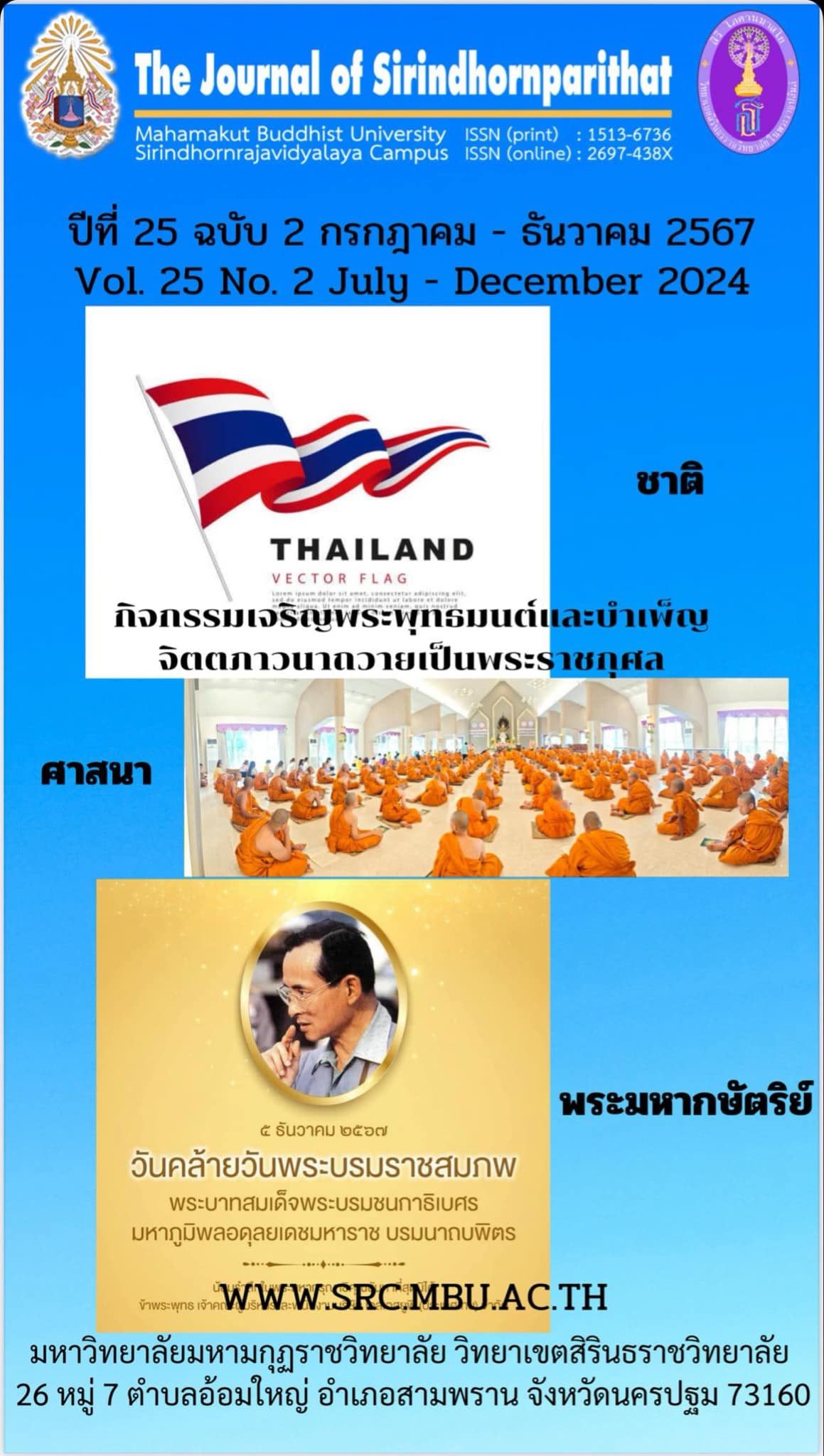The Effects of media use on college students' environmental behavior: An analysis of the mediating effects of environmental risk perception and environmental knowledge
Keywords:
Media Use, Environmental Risk Perception, Environmental Knowledge, Environmental Protection BehaviorAbstract
The purpose of this study is to investigate the influence of media use on college students' environmental protection behavior with Taiyuan Institute of Technology as a sample, and put forward suggestions for strengthening college students' environmental protection behavior and promoting their effective development of environmental protection behavior. Therefore, based on the existing literature, this study takes environmental risk perception and environmental knowledge as mediating variables to analyze their roles in media use affecting college students' environmental behavior. This study is a quantitative study, using convenient sampling, questionnaire survey, quantitative analysis and other research methods to collect the data of 391 students in Taiyuan Institute of Technology, analyze the data, and test the hypothesis. According to the existing literature, media use is divided into two dimensions: media use type and media focus on environmental information type. The research finds that media use type has a significant positive impact on college students' environmental protection behavior, and media focus on environmental information type also has a significant positive impact on environmental protection behavior. The study also found that the influence path includes direct influence path and indirect influence path, in which environmental risk perception plays an intermediary role between the type of media use and environmental protection behavior, and also plays an intermediary role between the media focus on environmental information type and environmental protection behavior. Environmental knowledge plays a mediating role between the media use type and environmental protection behavior, as well as between media focus on environmental information type and environmental protection behavior. Media use has a very complex impact on college students' environmental protection behavior, and there is a staggered relationship between media use and college students' environmental risk perception and environmental knowledge. In general, media optimization can help improve college students' environmental risk perception, help them effectively cope with and manage environmental risks, accumulate environmental knowledge, and strengthen their environmental behavior intention.
References
Ai Ya peng. (2019). Education, Media Use and Youth Social Trust. Journal of Beijing University of Technology (Social Science Edition),22(03),687-707.
Donald F.Roberts&Ulla G. Foehr(2008)Trends in Media Use.The Future of Children,18(01), 11-37.
Huang Zihang(2022)Geo-environmental knowledge modeling method and application analysis.Regional Research and Development,(04)1-6.
Lee. (2019)Female Environmental Behavior, Media Use and Satisfaction with Government Environmental Governance. Journal of Shijiazhuang Tiedao University (Social Science Edition),15(04),149-157.
Li Qi. (2019) Current Situation and Countermeasures of Adolescent Media Use. China Land Daily, (06),3-29.
Lu Chunchun & Quan Xiaojuan (2015). The Impact of Media Use on government trust: An Empirical study based on CGSS2010 data. International Press,(05),66-68.
Stamm. (2019) Understanding the Chinese Public’s Risk Perception and Information-Seeking Behavior Regarding Genetically Modified Foods: The Role of Social Media Social Capital. Journal of Risk Research,19(06), 172-179.
Sun fangcheng (2022) Evolutionary game Analysis of ecological and environmental protection behavior of central and local governments. Finance and Accounting Newsletter, (12) 92-100.
Sewall Wright (1920) Coefficients of inbreeding and relationship. The American Naturalist, (56)6-7.
Wang Juan. (2016). The Moderator-Mediator Variable Distinction in Social Psychological Research: Conceptual, Strategic, and Statistical Considerations. Journal of Personality and Social Psychology.51(06), 1172-1183.
Wang YuJun & Han Dong Mei (2016). Economic development, environmental pollution and public environmental behavior. Journal of Renmin University of China.(02)79-92.
Wolfgang Krohn & Johannes Weyer. (1994) Society as A Laboratory: The Social Risks of Experimental Research. Science and Public Policy, (06), 173-183.
Yu Xiucai (2012) New media literacy education in the all-media era. Modern Communication: Journal of Communication University of China, (02), 116-119.
Zhang Bing xia. (2018). Analysis of the Impact of Media Use on the Expression of Migrant Workers' Rights and Interests -- a Moderated Mediation Model. The Press, (09)87-93.
Downloads
Published
Issue
Section
License
Copyright (c) 2024 Mahamakut Buddhist University

This work is licensed under a Creative Commons Attribution-NonCommercial-NoDerivatives 4.0 International License.
บทความที่ได้รับการตีพิมพ์เป็นลิขสิทธิ์ของ มหาวิทยาลัยมหามกุฏราชวิทยาลัย วิทยาเขตสิรินธรราชวิทยาลัย
ข้อความที่ปรากฏในบทความแต่ละเรื่องในวารสารวิชาการเล่มนี้เป็นความคิดเห็นส่วนตัวของผู้เขียนแต่ละท่านไม่เกี่ยวข้องกับหาวิทยาลัยมหามกุฏราชวิทยาลัย วิทยาเขตสิรินธรราชวิทยาลัย และคณาจารย์ท่านอื่นๆในมหาวิทยาลัยฯ แต่อย่างใด ความรับผิดชอบองค์ประกอบทั้งหมดของบทความแต่ละเรื่องเป็นของผู้เขียนแต่ละท่าน หากมีความผิดพลาดใดๆ ผู้เขียนแต่ละท่านจะรับผิดชอบบทความของตนเองแต่ผู้เดียว




